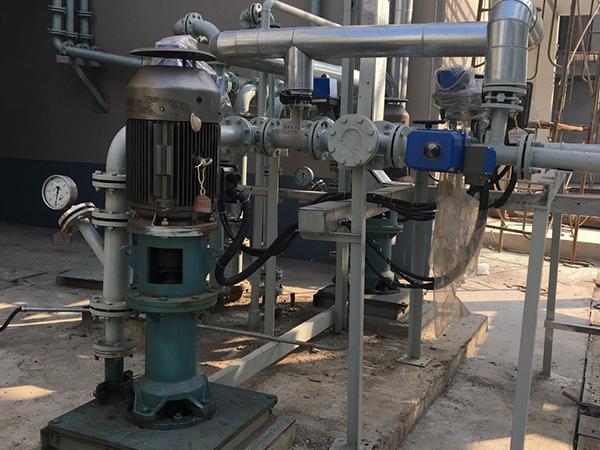English
- Afrikaans
- Albanian
- Amharic
- Arabic
- Armenian
- Azerbaijani
- Basque
- Belarusian
- Bengali
- Bosnian
- Bulgarian
- Catalan
- Cebuano
- Corsican
- Croatian
- Czech
- Danish
- Dutch
- English
- Esperanto
- Estonian
- Finnish
- French
- Frisian
- Galician
- Georgian
- German
- Greek
- Gujarati
- Haitian Creole
- hausa
- hawaiian
- Hebrew
- Hindi
- Miao
- Hungarian
- Icelandic
- igbo
- Indonesian
- irish
- Italian
- Japanese
- Javanese
- Kannada
- kazakh
- Khmer
- Rwandese
- Korean
- Kurdish
- Kyrgyz
- Lao
- Latin
- Latvian
- Lithuanian
- Luxembourgish
- Macedonian
- Malgashi
- Malay
- Malayalam
- Maltese
- Maori
- Marathi
- Mongolian
- Myanmar
- Nepali
- Norwegian
- Norwegian
- Occitan
- Pashto
- Persian
- Polish
- Portuguese
- Punjabi
- Romanian
- Russian
- Samoan
- Scottish Gaelic
- Serbian
- Sesotho
- Shona
- Sindhi
- Sinhala
- Slovak
- Slovenian
- Somali
- Spanish
- Sundanese
- Swahili
- Swedish
- Tagalog
- Tajik
- Tamil
- Tatar
- Telugu
- Thai
- Turkish
- Turkmen
- Ukrainian
- Urdu
- Uighur
- Uzbek
- Vietnamese
- Welsh
- Bantu
- Yiddish
- Yoruba
- Zulu
Telephone: +86 13120555503
Email: frank@cypump.com
Nov . 02, 2024 02:11 Back to list
pumping bentonite slurry
The Importance of Pumping Bentonite Slurry in Civil Engineering
Bentonite is a naturally occurring clay that has gained significant attention in the field of civil engineering, particularly in the context of drilling and construction activities. When mixed with water, bentonite forms a slurry that possesses unique properties essential for various applications, including well drilling, trenching, and the construction of underground structures. This article explores the significance of pumping bentonite slurry and its impact on the efficiency and safety of civil infrastructure projects.
One of the primary benefits of using bentonite slurry is its ability to stabilize excavation sites. The slurry creates a supportive environment for walls of trenches and boreholes, reducing the risk of soil collapse. This stabilization is crucial in urban construction areas where the ground is often unpredictable and excavation can lead to dangerous conditions. By pumping bentonite slurry into the excavation, engineers can maintain the integrity of the site, ensuring the safety of workers and minimizing potential delays in project timelines.
In addition to soil stabilization, bentonite slurry serves as an effective drilling fluid. Its thixotropic properties allow it to maintain viscosity while being pumped, enabling easier transport through drilling equipment. The ability to carry debris and cuttings back to the surface reduces the risk of blockage in the drill hole, thereby enhancing the overall efficiency of drilling operations. Moreover, the regulation of temperature and pressure within the borehole is facilitated by the unique properties of bentonite, ensuring optimal conditions for drilling activities.
pumping bentonite slurry

Another critical aspect of pumping bentonite slurry is its role in controlling groundwater. In many construction projects, particularly those involving deep foundations or tunnel excavations, groundwater management is essential. Bentonite slurry acts as a barrier, preventing water from entering the excavation site and causing erosion or flooding. By using bentonite slurry, engineers can effectively manage groundwater levels, allowing for a smoother construction process and reducing the risks associated with water-related instability.
Moreover, the environmental impact of pumping bentonite slurry is relatively low compared to other construction materials. Bentonite is a non-toxic and biodegradable material, making it a sustainable choice for civil engineering projects. The use of bentonite slurry minimizes the release of harmful chemicals into the surrounding environment, promoting safer and more environmentally friendly construction practices.
In conclusion, the pumping of bentonite slurry is an indispensable process in the civil engineering field. Its applications in soil stabilization, drilling fluid management, groundwater control, and sustainable construction practices illustrate its versatility and importance. As engineering challenges continue to evolve, the reliance on efficient and effective materials like bentonite slurry is likely to grow, ensuring that civil infrastructure projects remain safe, efficient, and environmentally responsible. Consequently, understanding the properties and benefits of bentonite slurry is crucial for engineers and construction professionals aiming to optimize their projects.
-
ISG Series Vertical Pipeline Pump - Chi Yuan Pumps Co., LTD.
NewsJul.30,2025
-
ISG Series Vertical Pipeline Pump - Chi Yuan Pumps Co., LTD.|energy-efficient fluid handling&industrial durability
NewsJul.30,2025
-
ISG Series Vertical Pipeline Pump - Chi Yuan Pumps | Advanced Engineering&Industrial Efficiency
NewsJul.30,2025
-
ISG Series Pipeline Pump - Chi Yuan Pumps | High Efficiency, Energy Saving
NewsJul.30,2025
-
ISG Series Vertical Pipeline Pump-Chi Yuan Pumps|High Efficiency&Reliable Performance
NewsJul.29,2025
-
ISG Series Vertical Pipeline Pump|High Efficiency&Low Noise
NewsJul.29,2025










